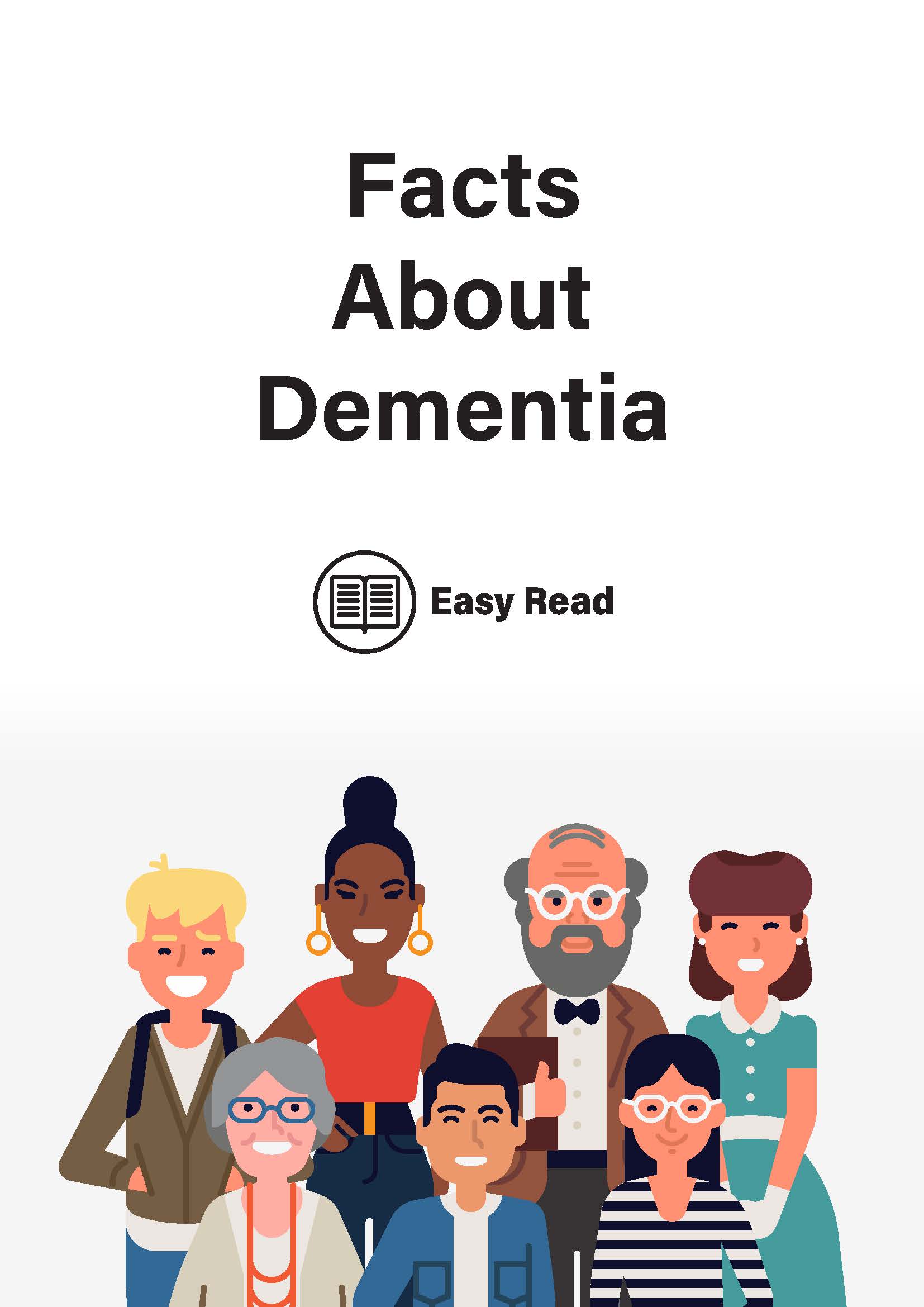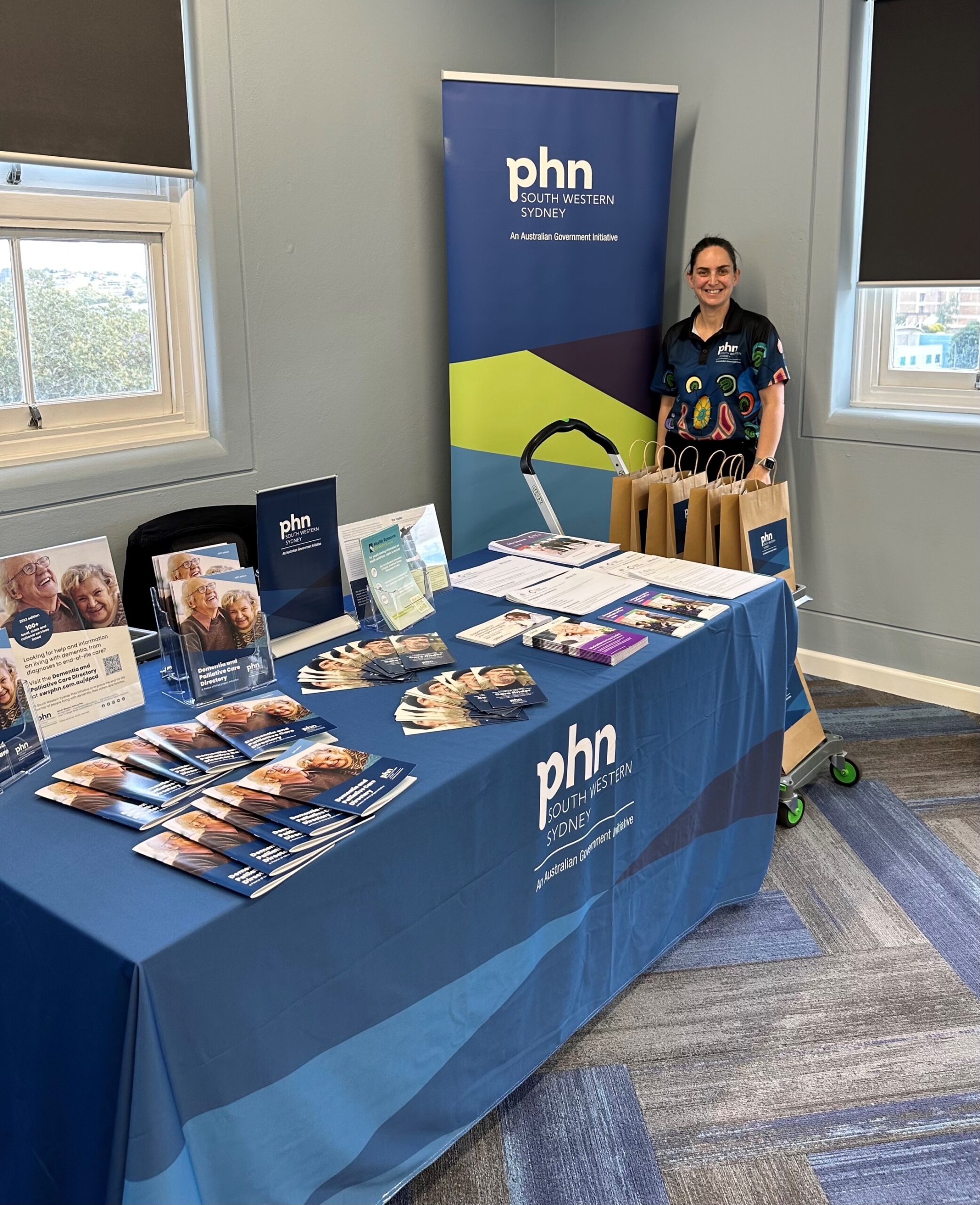People living with dementia now have access to Easy Read information about their condition.
SWSPHN has developed an Easy Read factsheet about dementia, which is available on our Health Resource Directory (HRD) website.
The factsheet, developed in consultation with a person living with dementia, has information about:
- What dementia is
- How dementia is detected
- How dementia may affect you
- How to live well with dementia
- Questions you can ask your doctor
- Where to find extra support
The aim of Easy Read is to give more people access to information. Easy Read is a way to present information for people who are not familiar with English, or who have low literacy or learning disability. Easy Read’s unique layout and style presents information so it’s easy to understand.
The Easy Read dementia factsheet adds to the resources about dementia already available on HRD. The factsheets have been formulated under strict clinical guidelines, include information about local support and health services, and are available in English, Vietnamese, Simplified Chinese and Arabic.
Please download the Easy Read factsheet for patients with a dementia diagnosis where appropriate.


